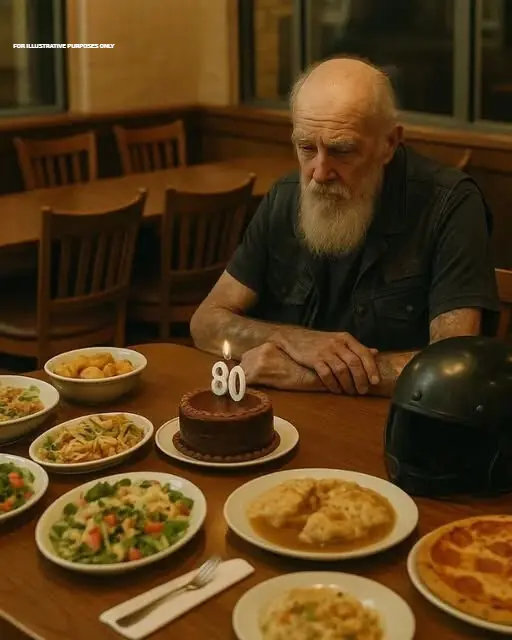
New Study Finds Anal Cancer Rates Rising, Especially Among Older Women
New Study Finds Anal Cancer Rates Rising, Especially Among Older Women
A recent study has found that anal cancer cases are on the rise, with a particular increase seen in older women.
Using data from the U.S. National Cancer Institute between 2017 and 2021, researchers observed a notable uptick in anal cancer diagnoses—especially among women over the age of 65.
Anal cancer develops in the anal canal, located at the end of the rectum. Symptoms can include bleeding, anal pain, itching, or the presence of a lump, which is sometimes mistaken for hemorrhoids.
The study, presented at Digestive Disease Week, reported that anal cancer rates rose by 2.9% in women and 1.6% in men during the four-year period. The most significant increase occurred among white and Hispanic women aged 65 and older—groups not previously seen as high risk.
Who is most at risk?
Women over 65 experienced the highest annual increase at 4.3%, followed by Hispanic women in the same age group, with a 1.7% rise. If this trend continues, cases among women in this demographic could double in less than 17 years.
Lead author Dr. Ashley Robinson, a second-year internal medicine resident at Advocate Lutheran General Hospital, suggested that lower HPV vaccination rates in this age group could be a contributing factor. The HPV virus is responsible for most anal cancer cases, and the vaccine was only introduced in the U.S. in 2006—after many in this demographic were beyond the target age for vaccination.
HPV (human papillomavirus) is spread through skin-to-skin contact, typically during sexual activity. It is linked to several types of cancer, including cervical, anal, oral, penile, vulvar, and vaginal cancer.
The CDC recommends HPV vaccination for young people up to age 26, ideally before they become sexually active. In the UK, children aged 12–13 are routinely offered the vaccine.
“The HPV vaccine is a critical tool in preventing anal cancer,” said Dr. Robinson. “These findings highlight the need to raise awareness, promote vaccination, and consider updated screening guidelines—especially for groups now showing increased risk.”
Currently, older women are not routinely screened for anal cancer, but this study suggests that targeted screening may be beneficial.
News in the same category


10 Snoring Solutions Your Partner Will Be Thankful For
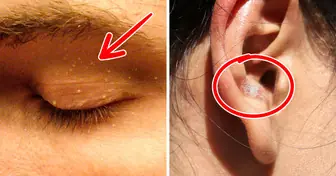
6 Subtle Facial Clues That Can Reveal Serious Health Conditions
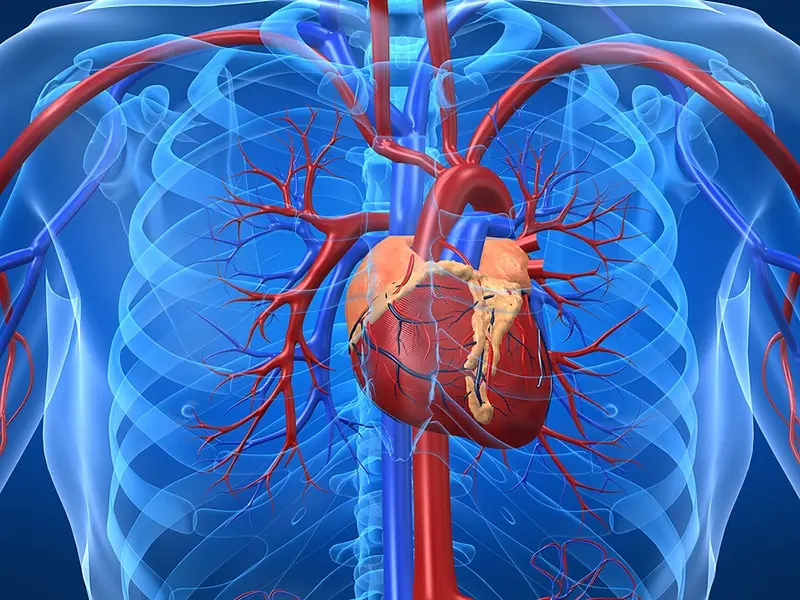
Preventing Stroke and Cerebral Infarction: Remember These 3 Health Indicators, 1 Critical Condition, and 6 Things You Should Never Ignore
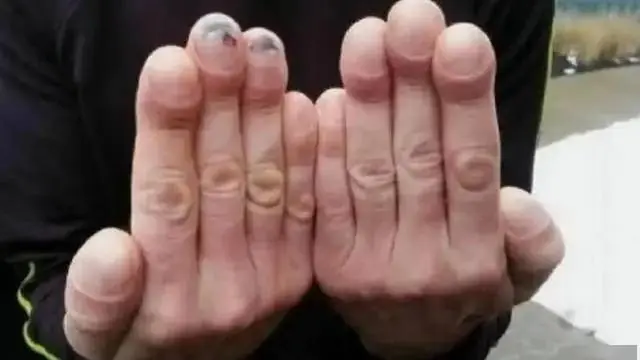
4 Changes in Your Fingers That Could Be Signs of Lung Can.cer – See a Doctor Immediately!
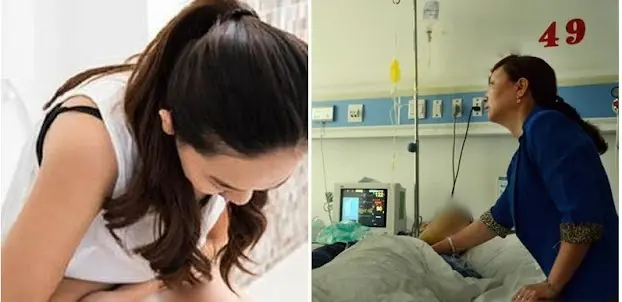
Cancer Doesn’t Hurt at First, But If You Notice These 8 Signs During Bathroom Visits, See a Doctor Immediately: Don’t Ignore Them
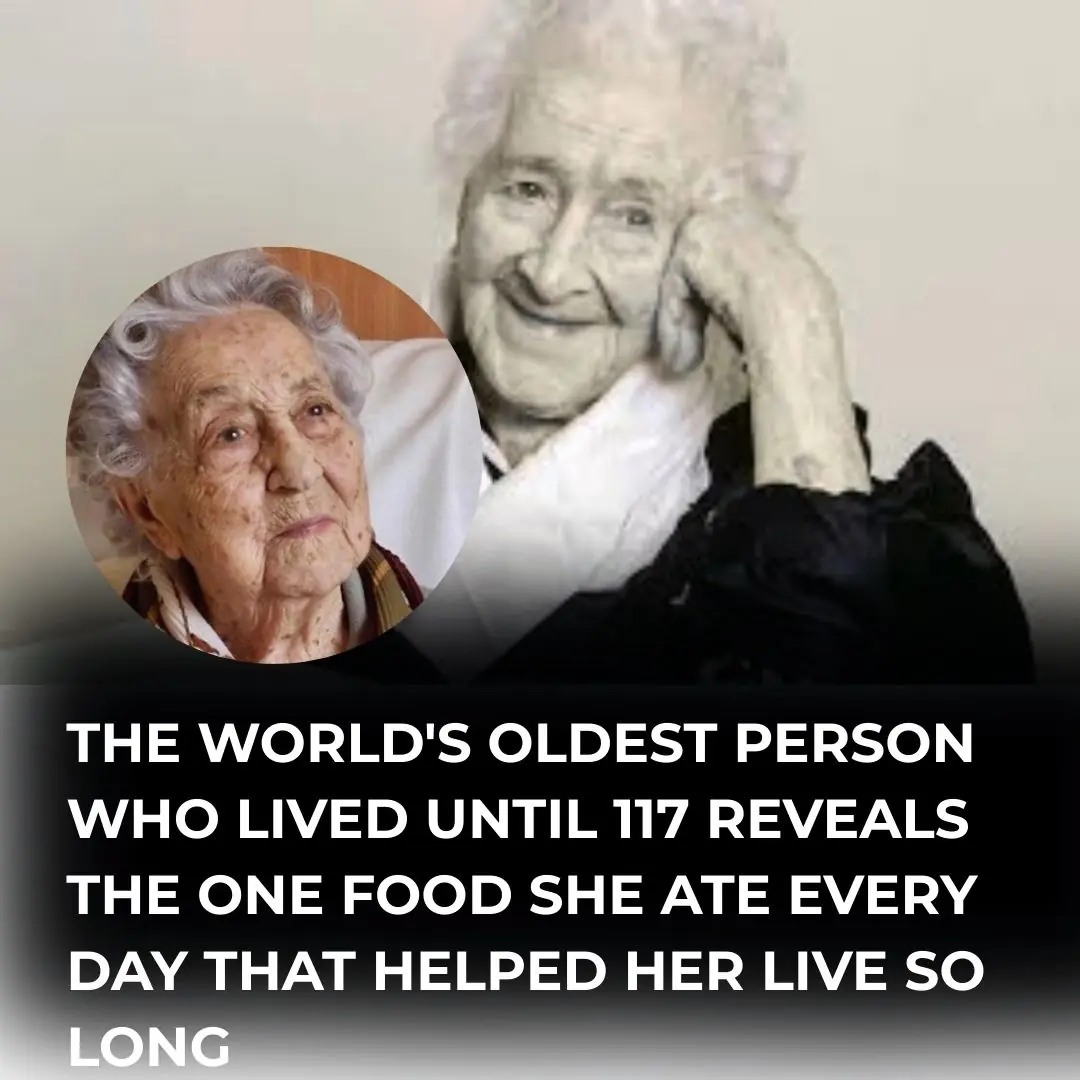
The world’s oldest woman, who lived to 117, ate the same meal every day throughout her life

Gynecologist Refuses to Treat Trans Woman, Sparking Backlash Over Refused Care
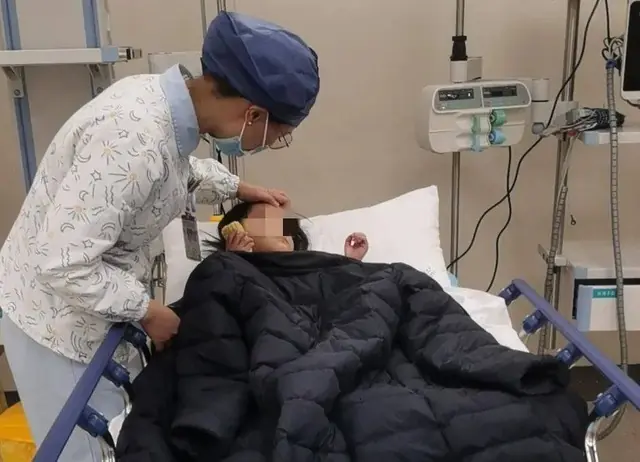
A 4-Year-Old Girl Nearly Lost Her Life to Diabetes — Parents in Tears: “I Spoiled Her Too Much!”
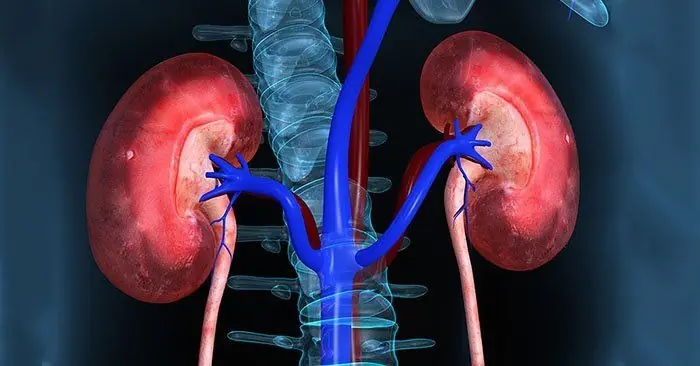
8 Signs of Kidney Failure That, If Ignored, Could Lead to a Lifetime of Dialysis
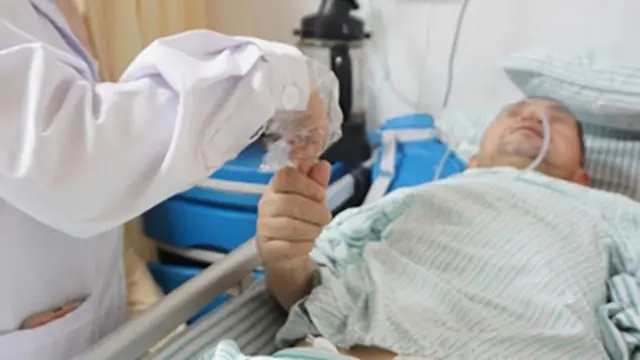
A 52-Year-Old Man Died from Diabetes: Doctor Warns – Remove These 4 Breakfast Foods from Your Table
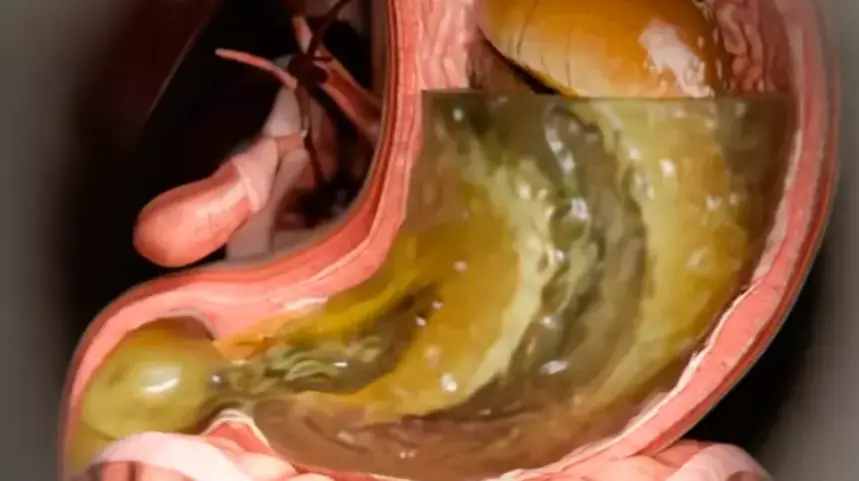
Celebrities Reveal Ozempic Side Effects as Simulations Show Its Impact on the Body
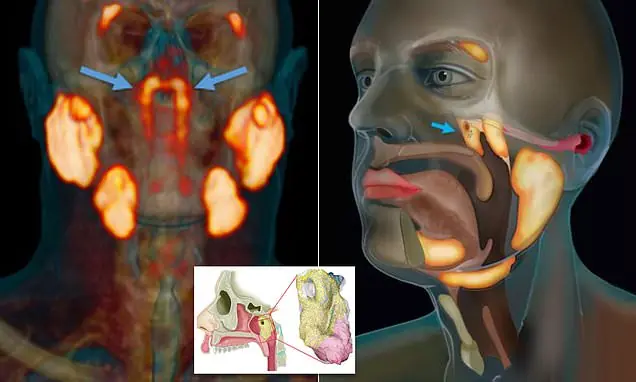
Scientists Accidentally Discover New Human Organ Hidden in the Head
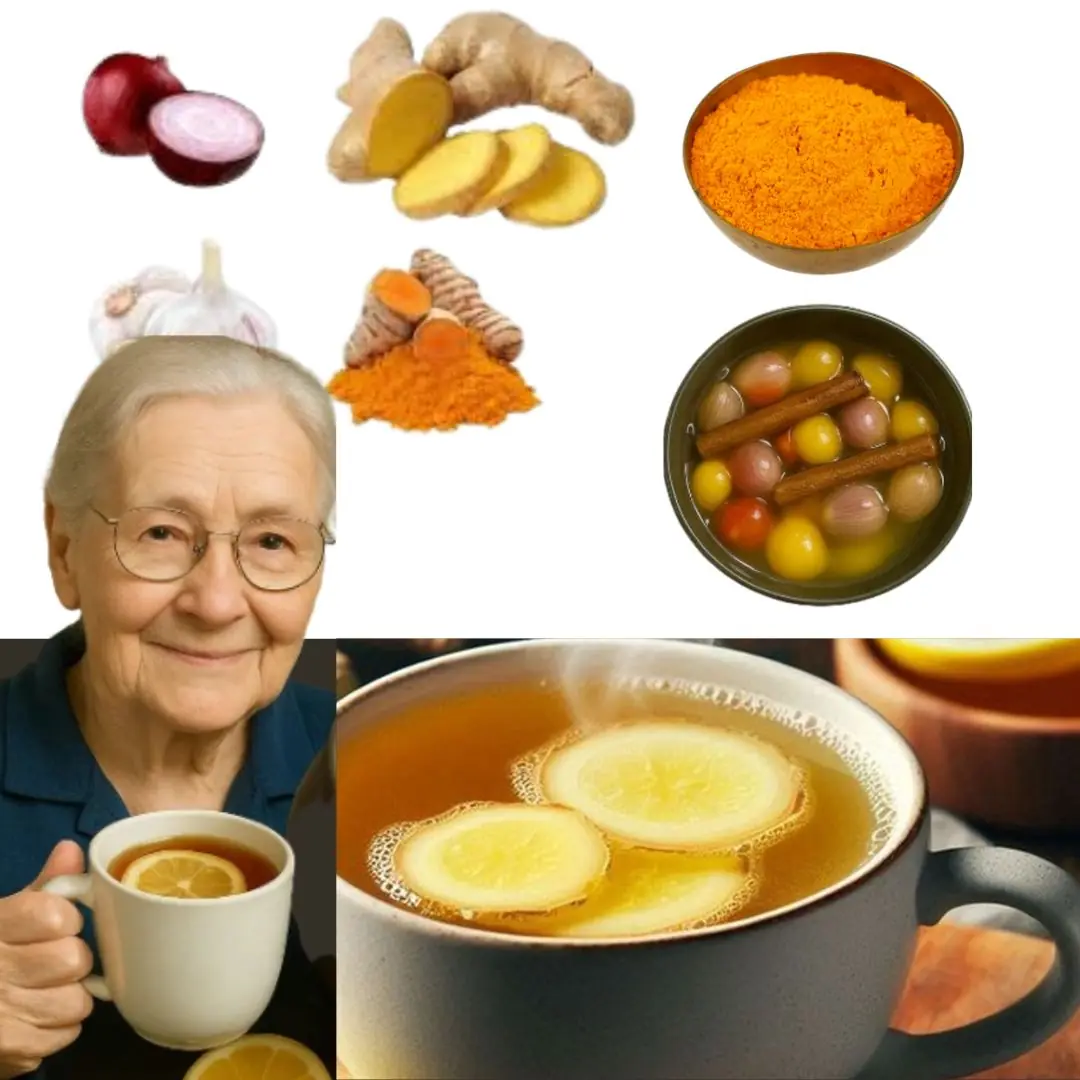
Unlock the Secret Power of Guava Leaves: Transform Your Hair, Skin, and Health Naturally
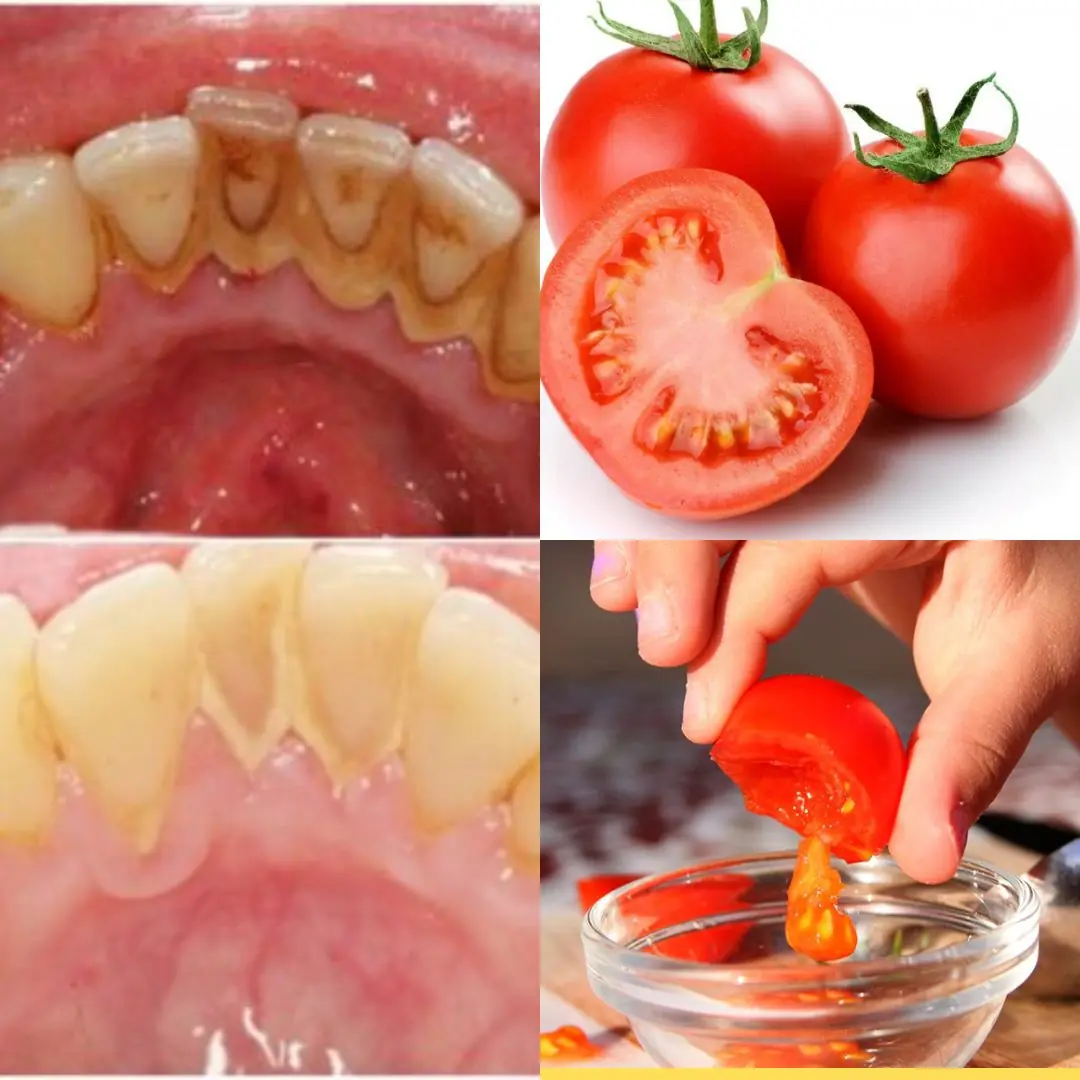
The Strongest Teeth Whitening Recipe at Home in 2 Minutes: Whitening Yellow Teeth from Tartar Naturally with Tomatoes and… 🍅✨
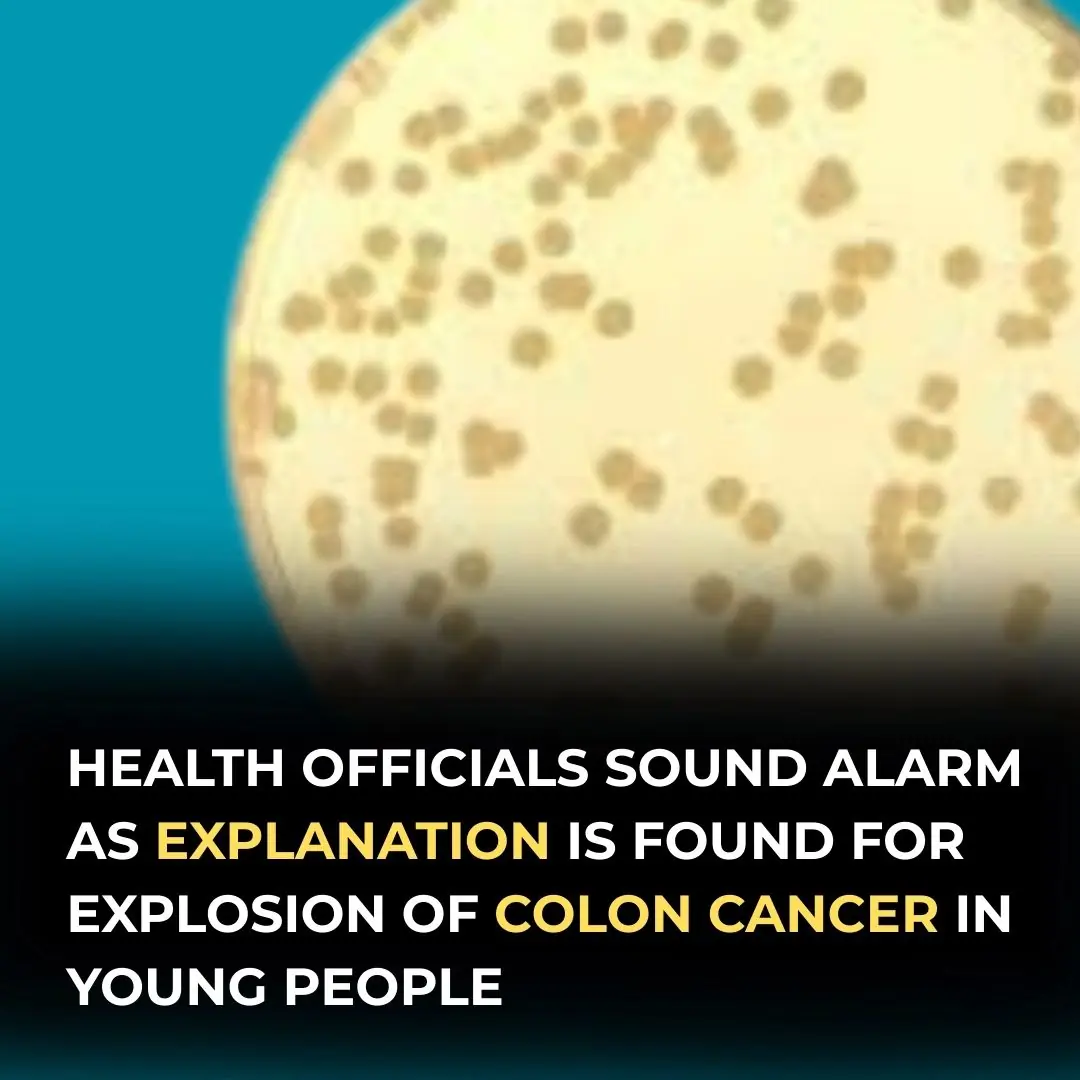
Alarming Rise In Colon Cancer Among Young People May Be Linked To Contaminated Salad, Study Finds
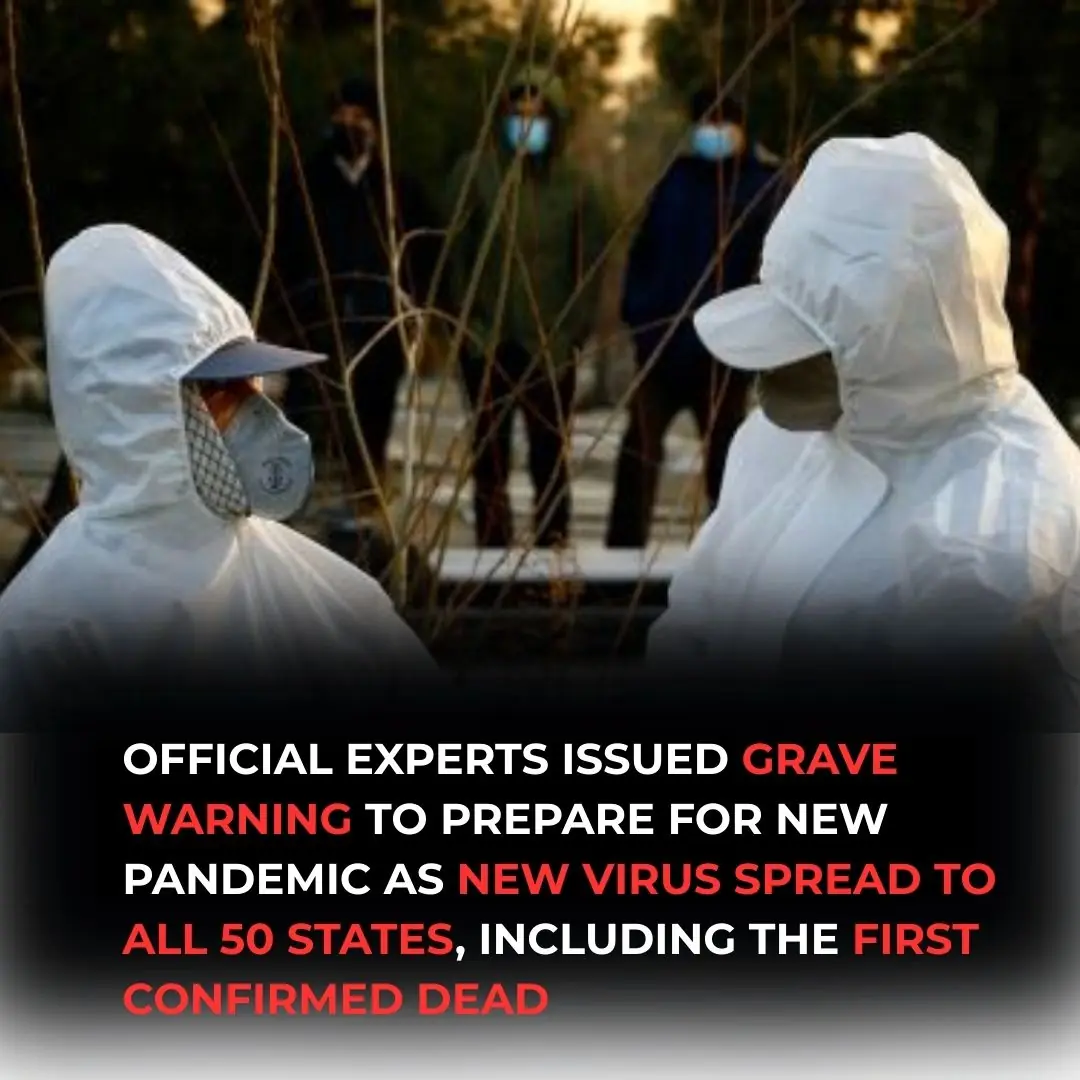
Alarming Health Alert: Experts Say New Virus Is Nationwide — America Must Prepare Immediately

The Miracle Remedy That Has People Abandoning Hospitals: Cures Cancer, Diabetes, High Blood Pressure, and Poor Circulation!

DIY Lemon Ginger Turmeric Power Shots: Boost Your Health Naturally
News Post

6 Dementia Symptoms You Might Overlook at First

Toddler Claims to Remember Being Murdered in a Past Life and Identifies Where He Was Buried

10 Snoring Solutions Your Partner Will Be Thankful For

6 Subtle Facial Clues That Can Reveal Serious Health Conditions

Preventing Stroke and Cerebral Infarction: Remember These 3 Health Indicators, 1 Critical Condition, and 6 Things You Should Never Ignore

4 Changes in Your Fingers That Could Be Signs of Lung Can.cer – See a Doctor Immediately!

Cancer Doesn’t Hurt at First, But If You Notice These 8 Signs During Bathroom Visits, See a Doctor Immediately: Don’t Ignore Them

Details About Donald Trump Not Being Invited Back to the Met Gala Resurface - What Happened

She Was Dubbed 'The Most Beautiful Girl in the World' at 5 – How She Has Changed Will Shock You
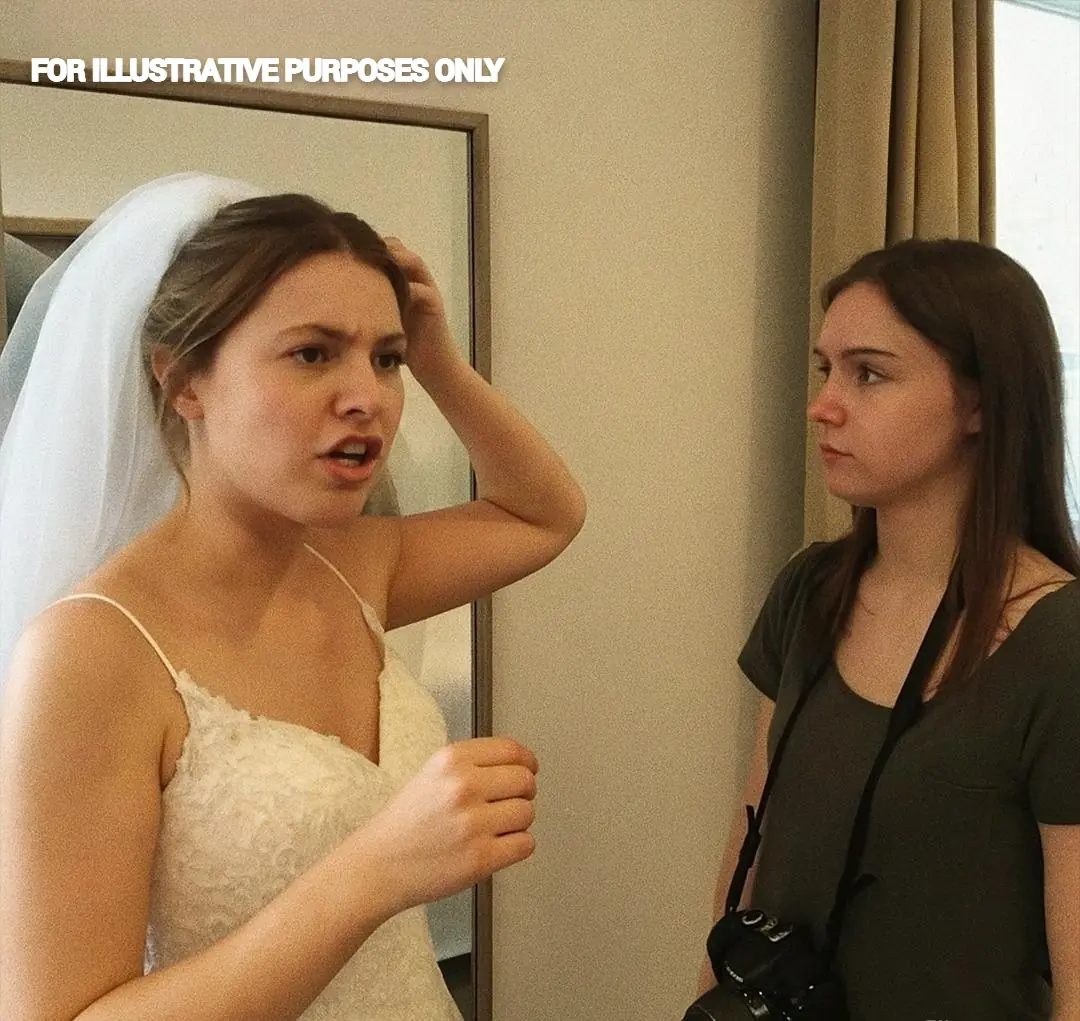
I Photographed My Half-Sister's Wedding for Free, but She Said I Didn't Deserve a Seat Because I Was Working and Not a Guest

Ozempic at the Met Gala: 5 Celebs Who Reportedly Show Drastic Weight Loss — Hollywood Doctors Speak Out

I Noticed the Groom Kept Rubbing His Wrist at My Best Friend’s Wedding—So I Stepped in and Exposed a Terrible Secret

Anne Hathaway Faces Plastic Surgery Speculation After 'Tight' Met Gala Look Goes Viral

She Once Lived in a Shed With Her Mom, Not Knowing Her Father & Barely Surviving — Now She's a Top Star

Administrator of Liam Payne's $32.2 Million Estate Revealed, Causing a Public Stir

My Brother Forbade Me from Giving the Speech at Our Mom's Funeral Because 'No One Wants to Hear from the Adopted One'

My Neighbor Started a Barbecue Every Time I Hung Laundry Outside Just to Ruin It

I DROVE HOURS TO RESCUE THIS DOG—BUT I NEVER EXPECTED WHO WAS WAITING AT THE DOOR
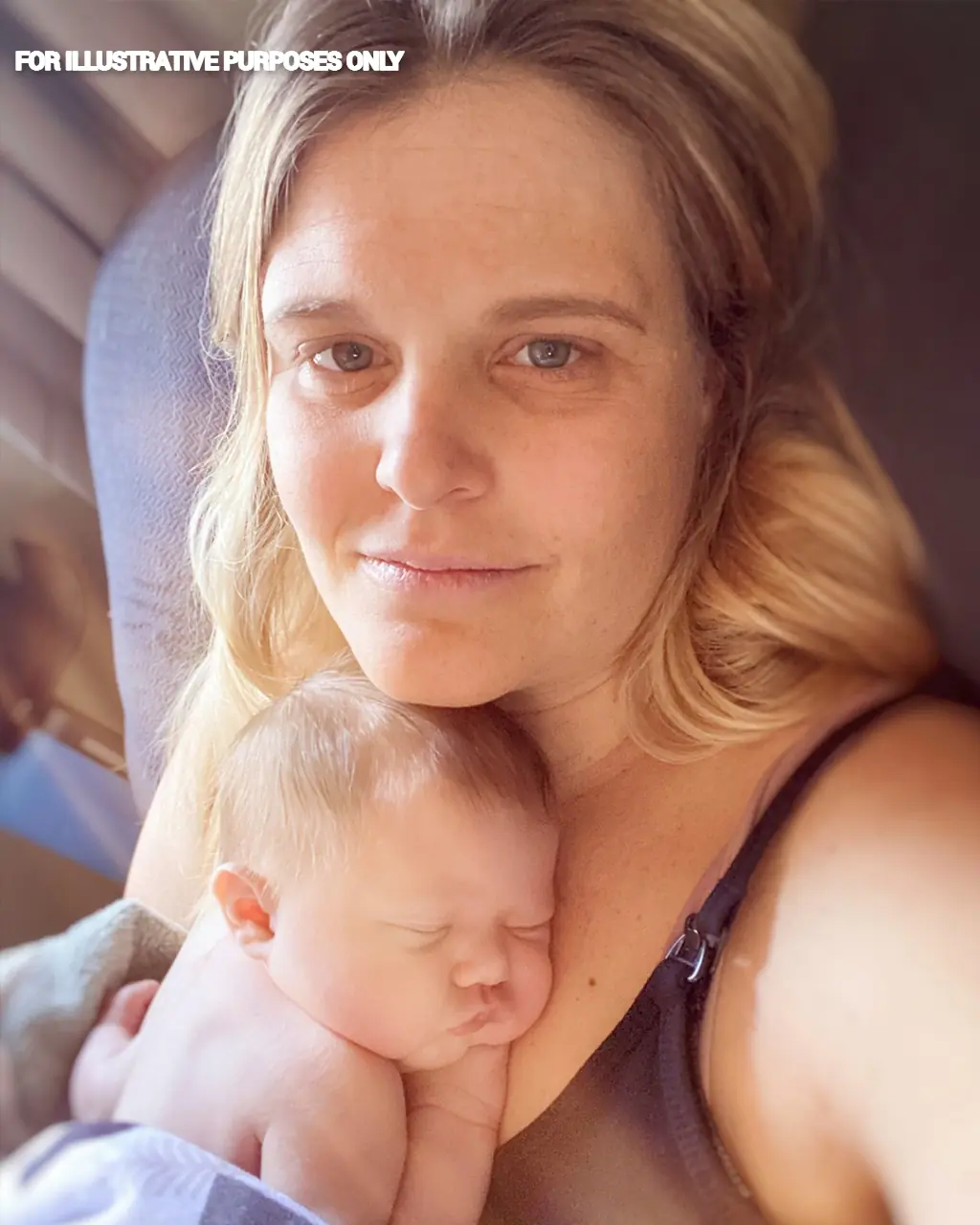
Wife and Kids Were Starving While Husband Pampered Himself with Luxuries — Story of the Day
